Has Covid-19 masked the impact of Brexit on small businesses?
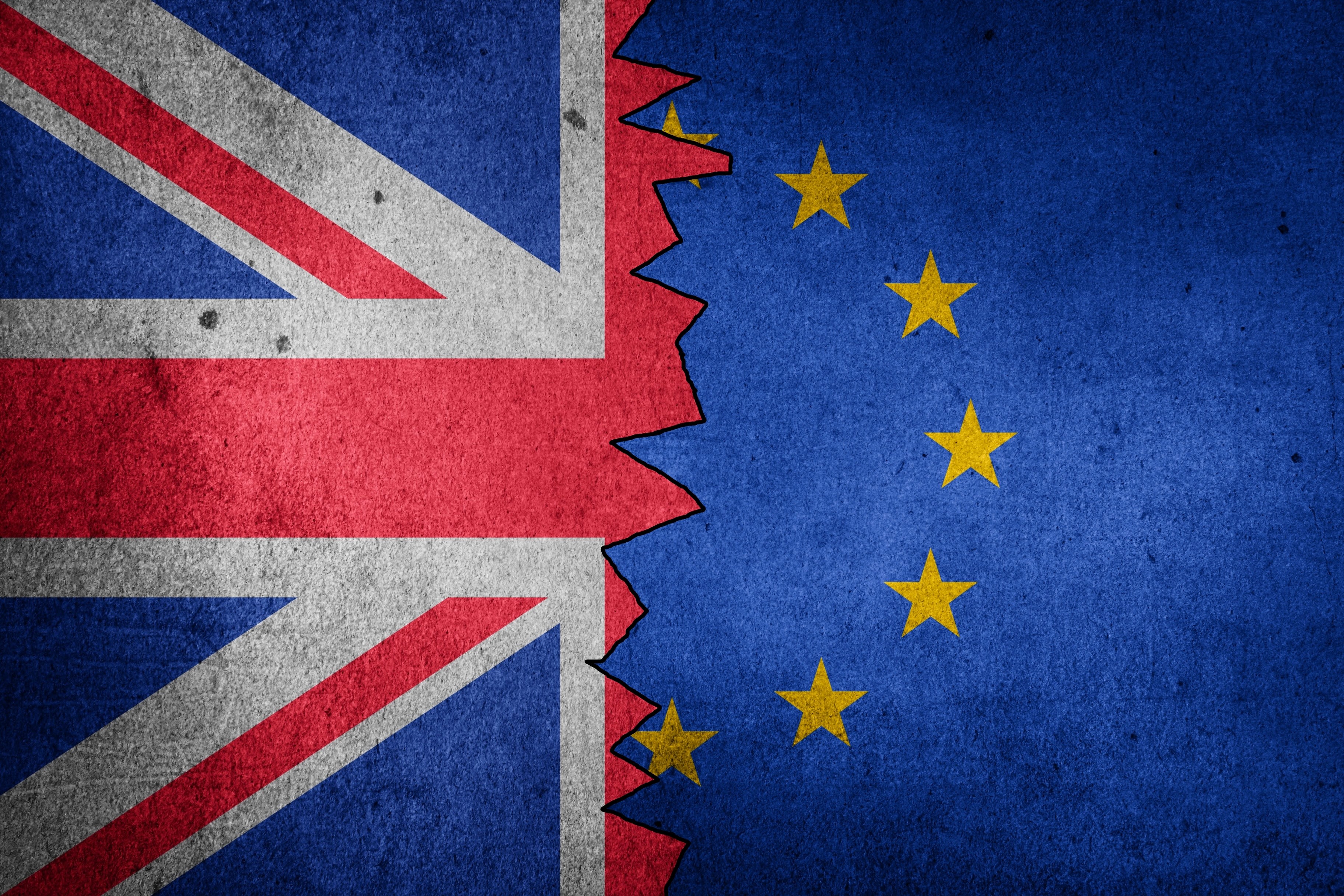
In December 2021, the European Movement in Wandsworth and Merton published the findings of its survey on the impact of Brexit on small businesses in the two boroughs.
The results were overwhelmingly negative among the 119 respondents, with only around 10 (9%) indicating that Brexit was positive for business.
The organisation mostly surveyed representatives from the retail, hospitality, IT, and consultancy sector, but also from the publishing, automotive, transport, and telecoms industry, to name but a few.
Peter Pollard, a small business owner and member of the European Movement committee in Wandsworth and Merton, said: “What’s important from a business point of view is the fact that there are so many things that haven’t been thought about.
“We feel business’ voice is not being heard, and it’s almost like Brexit has been suppressed.
"Businesses are frustrated, and no one seems to talk about that.”
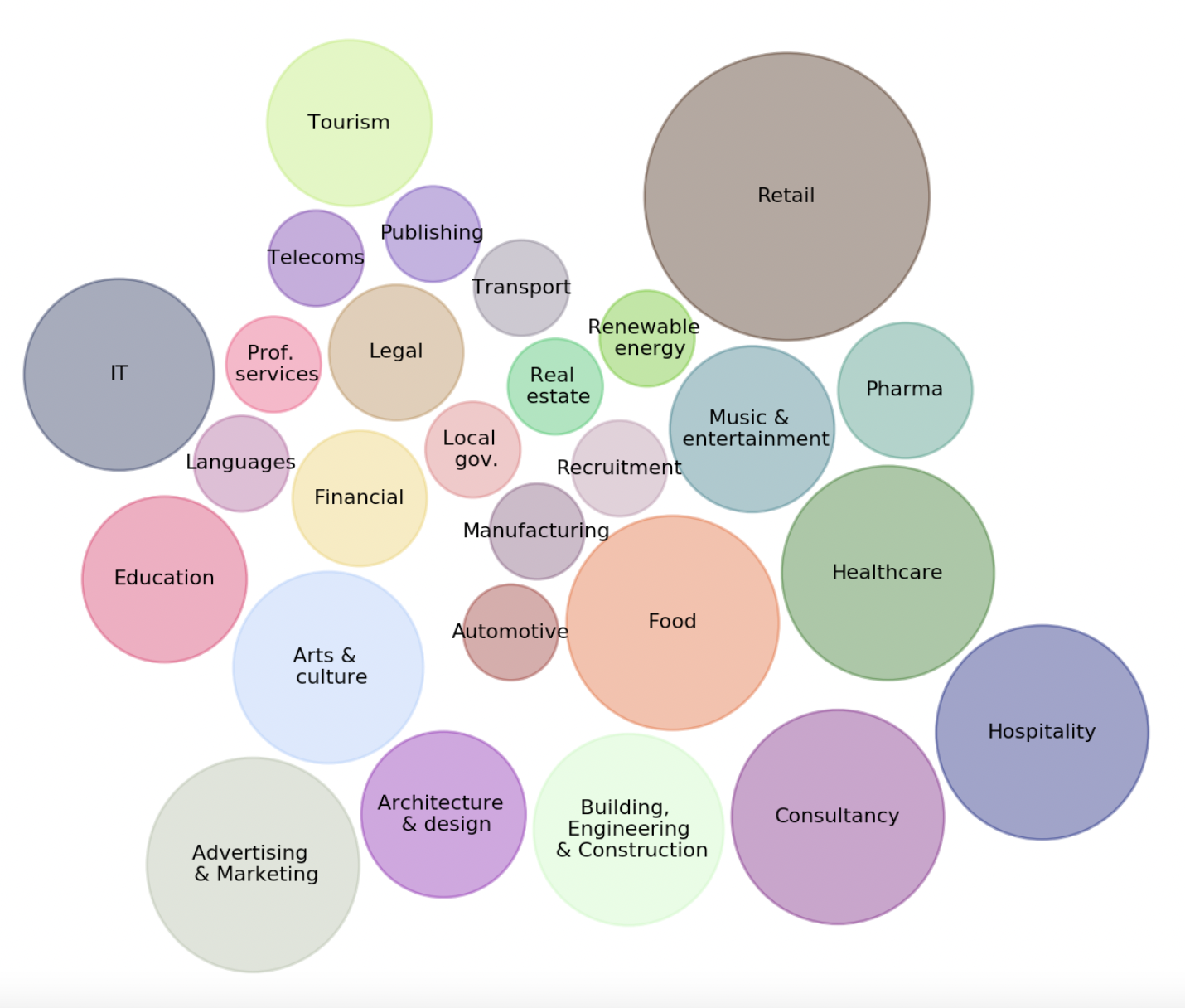
Distribution of industries surveyed. Copyright: European Movement in Wandsworth and Merton
Distribution of industries surveyed. Copyright: European Movement in Wandsworth and Merton
Pollard spoke to business owners in Wandsworth and Merton in person, inviting them to participate in the European Movement’s survey last year.
He said: “I didn’t get a single person saying that Brexit was really working well for them.
“A lot of people were thinking about Brexit in more positive ways, but even they said it wasn’t working out for them.”
Chart: Author - Source: European Movement in Wandsworth and Merton - Created with Flourish
A pro-European organisation revealing that businesses are negatively affected by Brexit might come as little surprise, and the fact that around 70% of Wandsworth and Merton residents voted 'Remain' in the 2016 EU Referendum does not exactly help.
But the European Movement’s findings are echoed by several media outlets, including Bloomberg, The Independent, The Financial Times and the BBC.
Research published by the Federation for Small Businesses in March 2021 also showed that 70% of importers and/or exporters suffered shipment delays when moving goods around the EU following the trading rules that took effect in January 2021.
One in three (32%) had lost goods in transit, and 34% had tried having goods held indefinitely at EU border crossings.
For many businesses, the customs checks imposed on January 1st 2022 exacerbated an already complex situation.
From January 1st, small firms importing food, plants and products of animal origin from the EU have to contend with import checks for the first time.
— FSB (@fsb_policy) January 4, 2022
FSB Chair Mike Cherry discusses this extra pressure placed on small businesses, with @IanKingSky on @SkyNews ⬇️ pic.twitter.com/Cguer6C3SI
But customs checks may also have brought renewed attention to Brexit.
Marsha de Cordova, MP for Battersea, said: “I feel that because we are two years into a pandemic – although rightly, everyone has had to focus on that – but I think it’s masked the true impact of Brexit.
“I’m not saying the focus shouldn’t have been on the pandemic, but I also feel that the issues around Brexit aren’t getting the airtime and attention they deserve.”
She said the most important for her was to understand how Brexit was affecting businesses in her constituency.
“And based on those findings, start to make sure that we are embracing these concerns and looking at ways that we can make the current system work better,” de Cordova explained.
She said she already heard from businesses how they were struggling with staff shortages, bureaucracy, and additional costs.
“And there’s obviously a massive problem with supply chains,” she added.

From left to right: Peter Pollard, Marsha de Cordova, and Barbara Callender (chair of the European Movement in Wandsworth and Merton) pictured at the launch of the European Movement's survey findings. Copyright: Author
From left to right: Peter Pollard, Marsha de Cordova, and Barbara Callender (chair of the European Movement in Wandsworth and Merton) pictured at the launch of the European Movement's survey findings. Copyright: Author
Pollard expressed the same concern: “I think Covid has been kind of a mask, and I think as that mask comes off, people will realise the impact of Brexit.”
While businesses of all sizes have been acutely affected by Brexit and the pandemic over the past two years, smaller businesses are express frustration with a lack of government support.
Ian Clark, owner of Clarkshaws, a Lambeth-based brewery, said:
"We find that perhaps government
is not actually on the side of small business, either in Brexit or domestically."
"And this is the feeling of the small brewing industry."
He explained that the latest budget also favoured larger producers over smaller producers when it came to the size of container that beer should be shipped in, for example.
He added: "If you look at some of the Covid support, there are specific carve-outs for small business brewery taprooms, whereas there are specific carve-ins for larger chains that do food as well as alcohol."
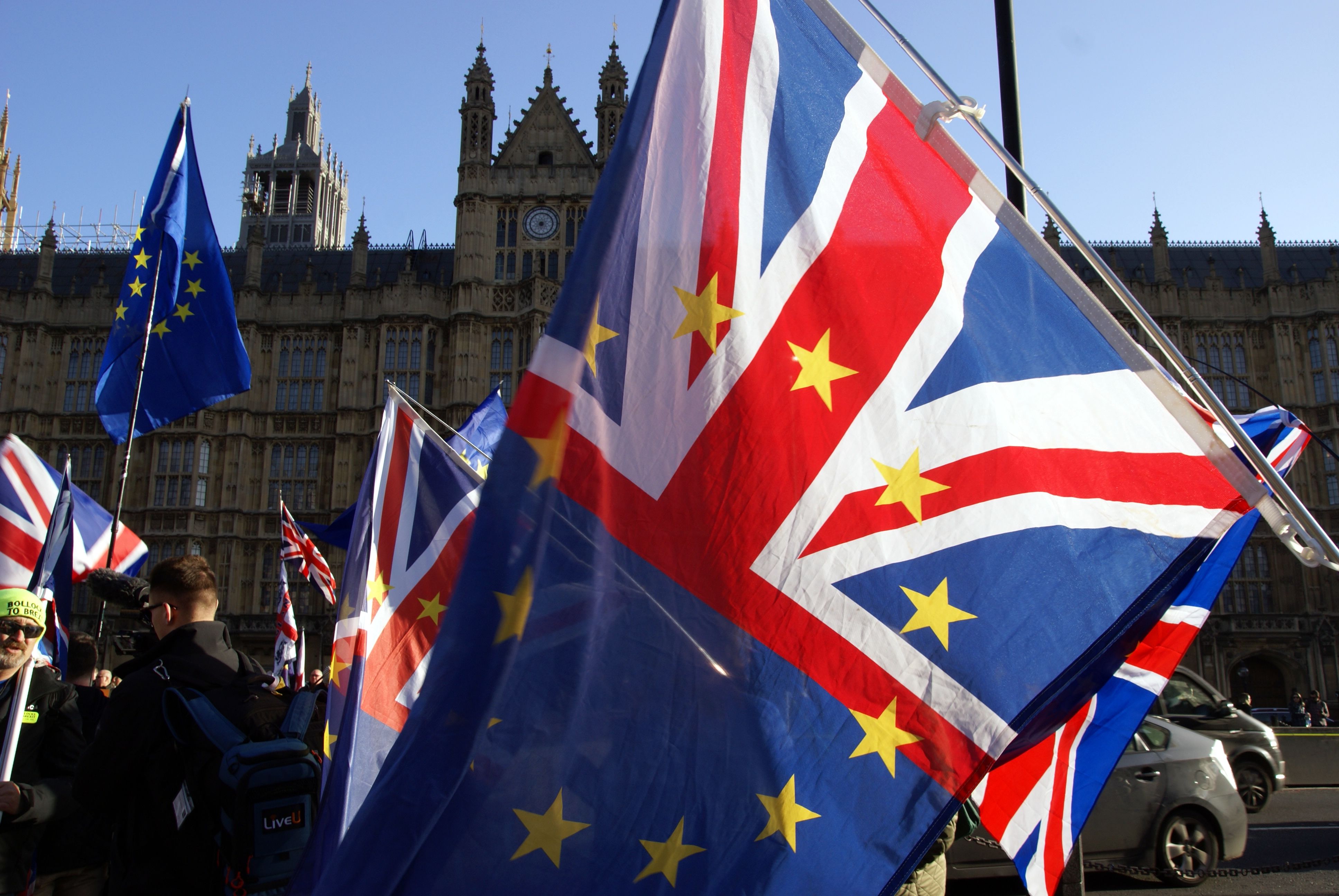
The case of Clarkshaws:
A Lambeth brewery
"It has become difficult to have the confidence that you
are going to get your stuff in a timely manner."
- Ian Clark, director of Clarkshaws

Ian Clark explained that he and his colleagues thought Brexit would only impact them slightly, because they source, produce, and distribute their British-style ales locally.
“Silly us.”
They tried to prepare for any potential issues arising from Brexit, but Clark said it was impossible to plan for everything, let alone foresee all the issues that could arise.
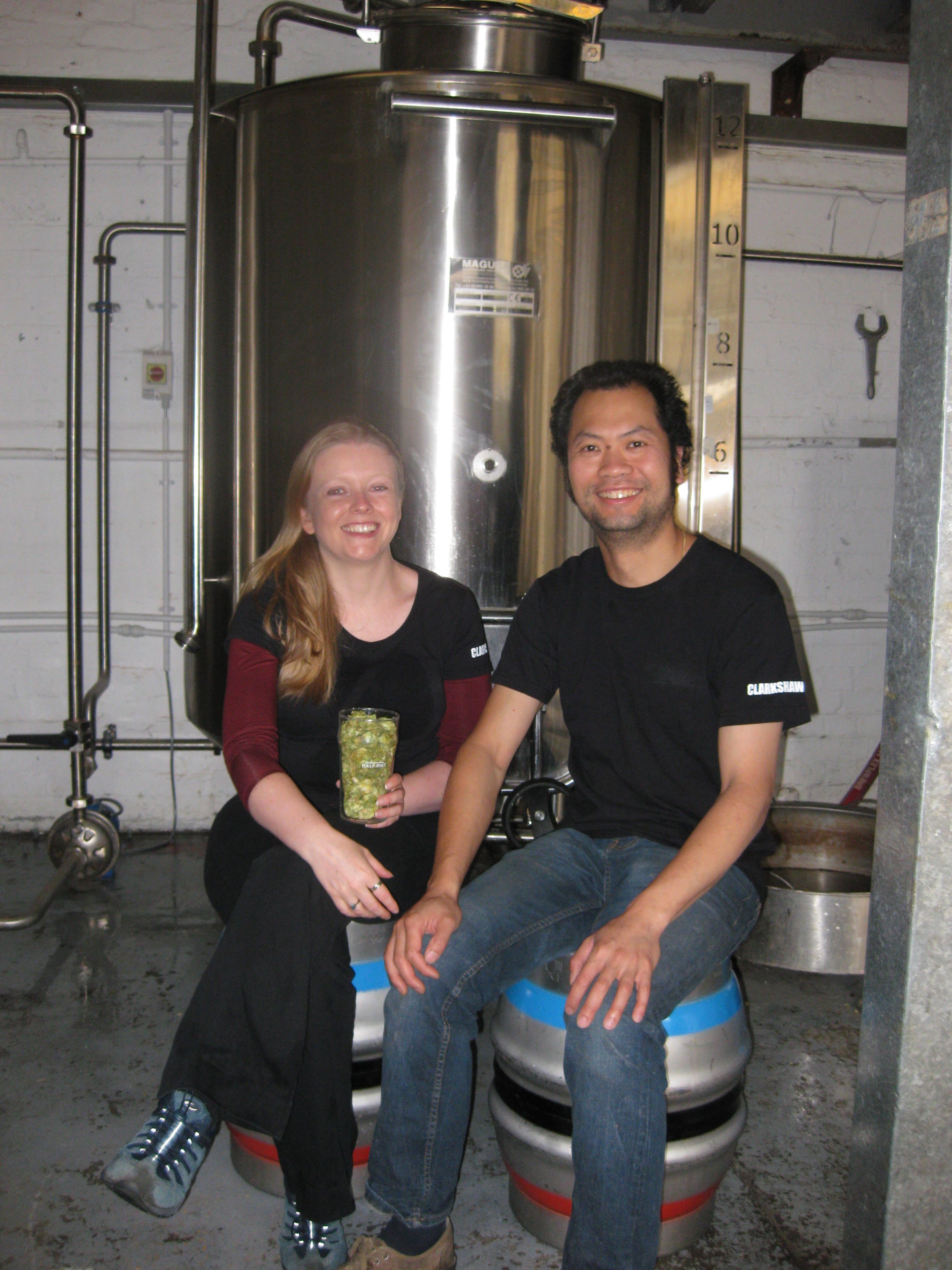
Ian Clark, 44, and Lucy Grimshaw, 44, directors of Clarkshaws. Copyright: Clarkshaws
Ian Clark, 44, and Lucy Grimshaw, 44, directors of Clarkshaws. Copyright: Clarkshaws
Now, the brewery primarily faces customs and logistics issues, both with ancillary items and specialist equipment needed to increase efficiency or expand their product range.
Cardboard prices have increased by 50% because it is hard to get pulp, and, Clark believes, because the paper mills are mostly European.
The brewery regularly imports mini beer barrels from Germany, which have seen a price increase of 100%.
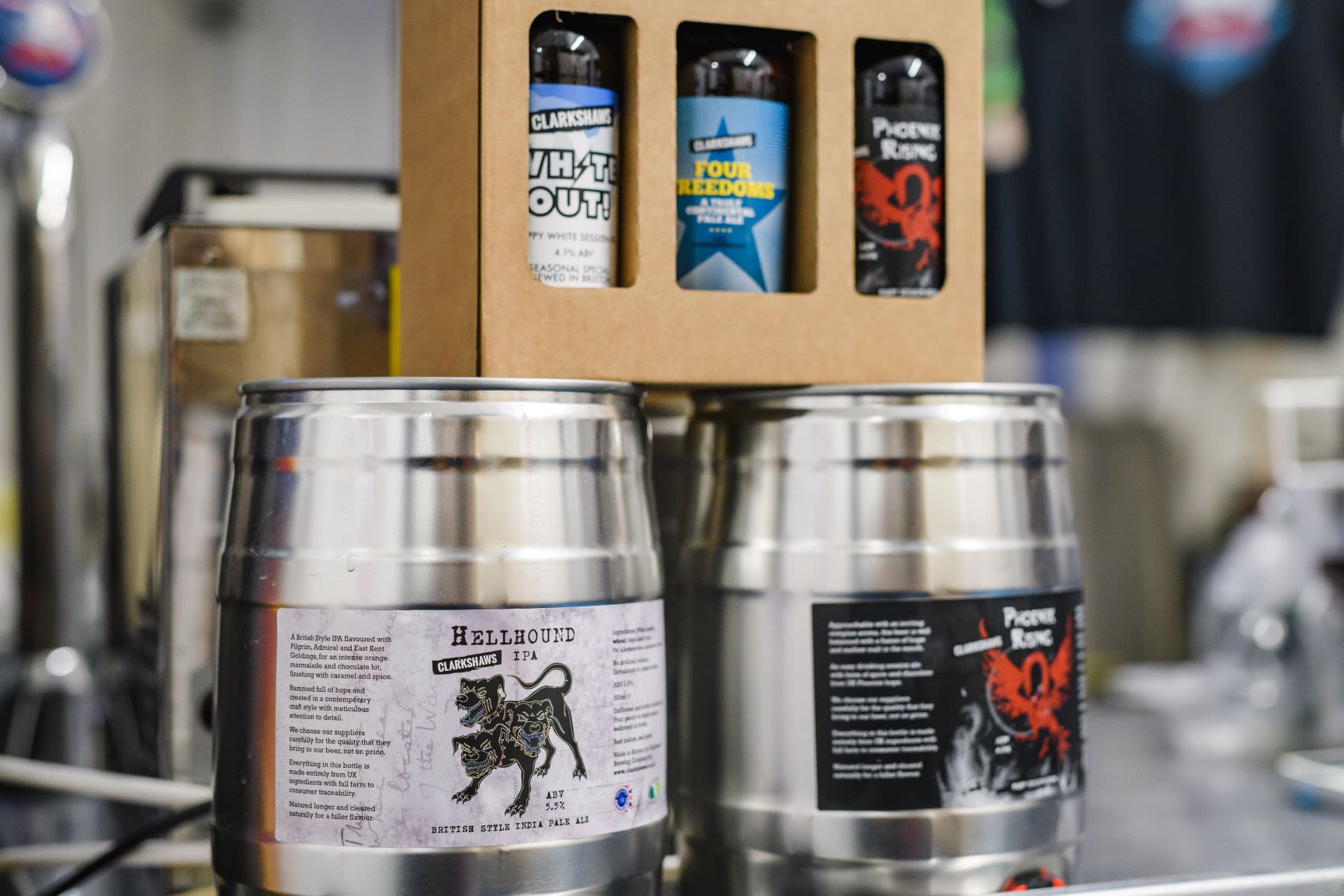
The mini beer barrels that have seen a 100% price increase. On top of them in the middle is Clarkshaw's 'Four Freedoms beer' - a pro-European beer from which the profits go to the European Movement. Copyright: Clarkshaws
The mini beer barrels that have seen a 100% price increase. On top of them in the middle is Clarkshaw's 'Four Freedoms beer' - a pro-European beer from which the profits go to the European Movement. Copyright: Clarkshaws
“And then you’ve got unexpected things like breakdowns and repairs, and sourcing things for that, which is more difficult,” Clark said.
“It has become difficult to have the confidence that you are going to get your stuff in a timely manner."
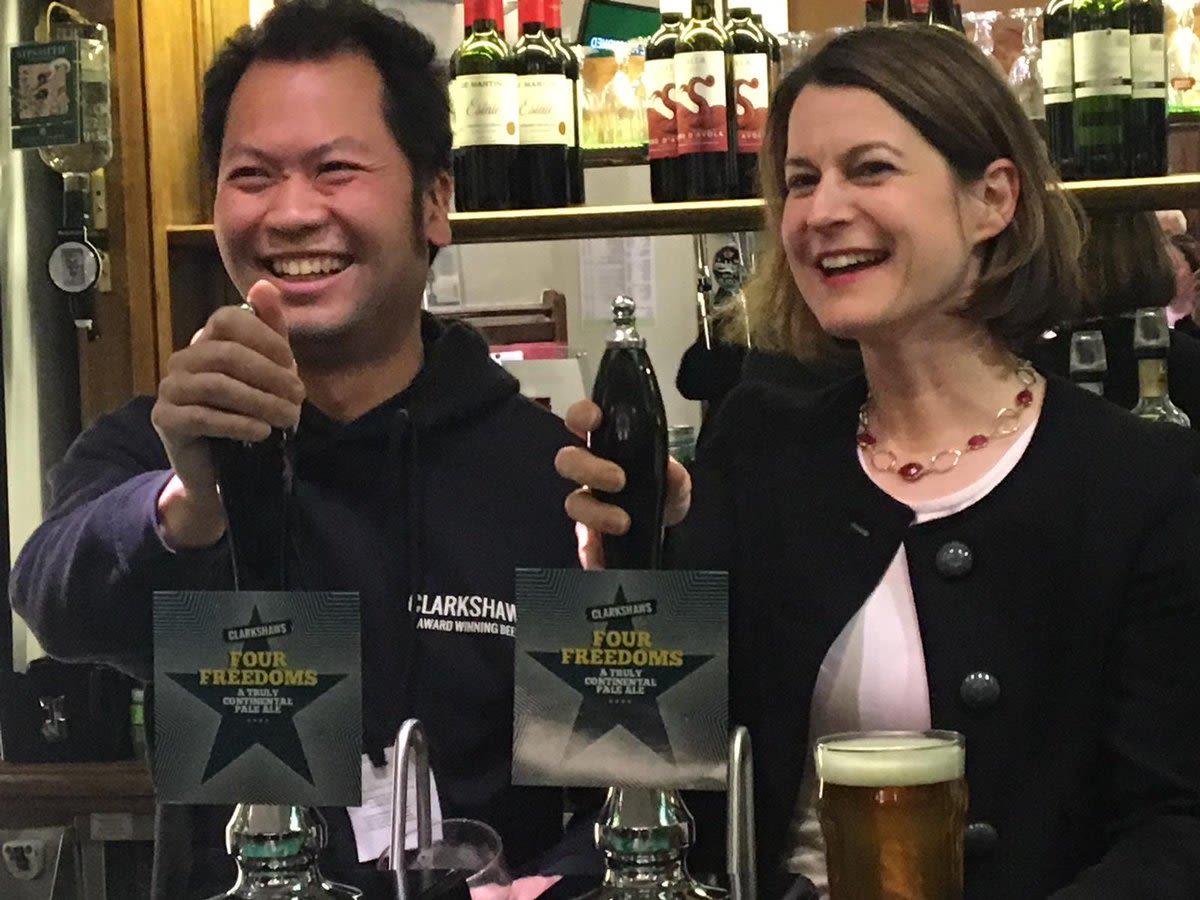
Clarkshaws got its Four Freedoms beer into the House of Commons Bar with the help of Helen Hayes, MP for Dulwich and West Norwood. Copyright: Clarkshaws
Clarkshaws got its Four Freedoms beer into the House of Commons Bar with the help of Helen Hayes, MP for Dulwich and West Norwood. Copyright: Clarkshaws
“And when you do get it, your transportation costs are significantly higher than what they used to be.”
He explained that he needed a one-euro knob for a specific machine, but the transportation costs for the piece had gone up from eight to 20 euros.
“If you don’t know when it’s going to arrive, and if it’s going to arrive at all, it’s difficult to make investment decisions that can increase your productivity.”
The answer according to Clark, is to hold more stock of everything.
“But that comes with a cost as well, and it means that you have to have the space to house all these things,” he said.
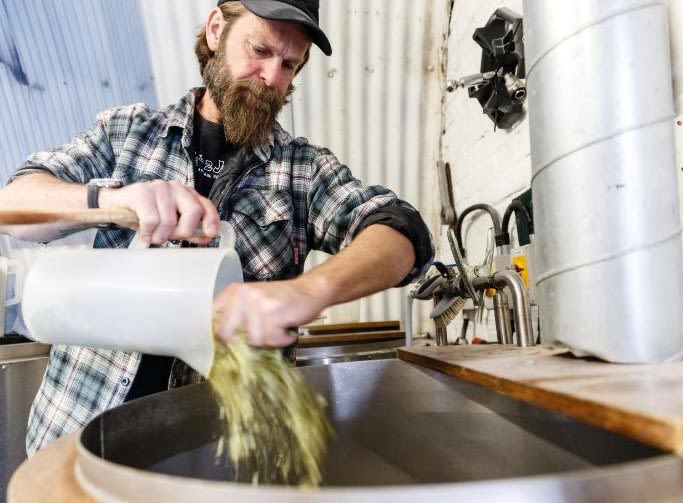
Spud Mutimer, 52, working in the brewery. Copyright: Clarkshaws
Spud Mutimer, 52, working in the brewery. Copyright: Clarkshaws
Other breweries are equally affected: “We know of people who have had issues working out the new customs arrangements for exporting, and that has seriously reduced the amount of export that some of our peers have been able to do.”
Having imported many goods in December to prepare for the customs checks imposed on January 1st, Clarkshaws has not felt the impact of the newest regulations just yet.
The case of the legal and financial services industry
“We were incredibly affected by Brexit,” said Elena Cirillo, a lawyer and managing associate at the London office of an Italian law firm.
“Before Brexit, we all became English citizens and got English qualifications as lawyers, so we thought we could survive, but we’re really struggling now.”
Primarily active in the financial services sector, the firm worked with London-based investment banks wishing to offer their financial products in Italy, or Italian institutions wanting to invest their clients’ money in London.
The run-up to Brexit
Already a few years before the UK formally left the EU on January 31st 2020, the firm began helping its London-based clients move their operations out of the UK to establish subsidiaries or branches across Europe.
At the same time, the company’s main activity – dealing with international transactions between Italy and the UK – steadily declined.
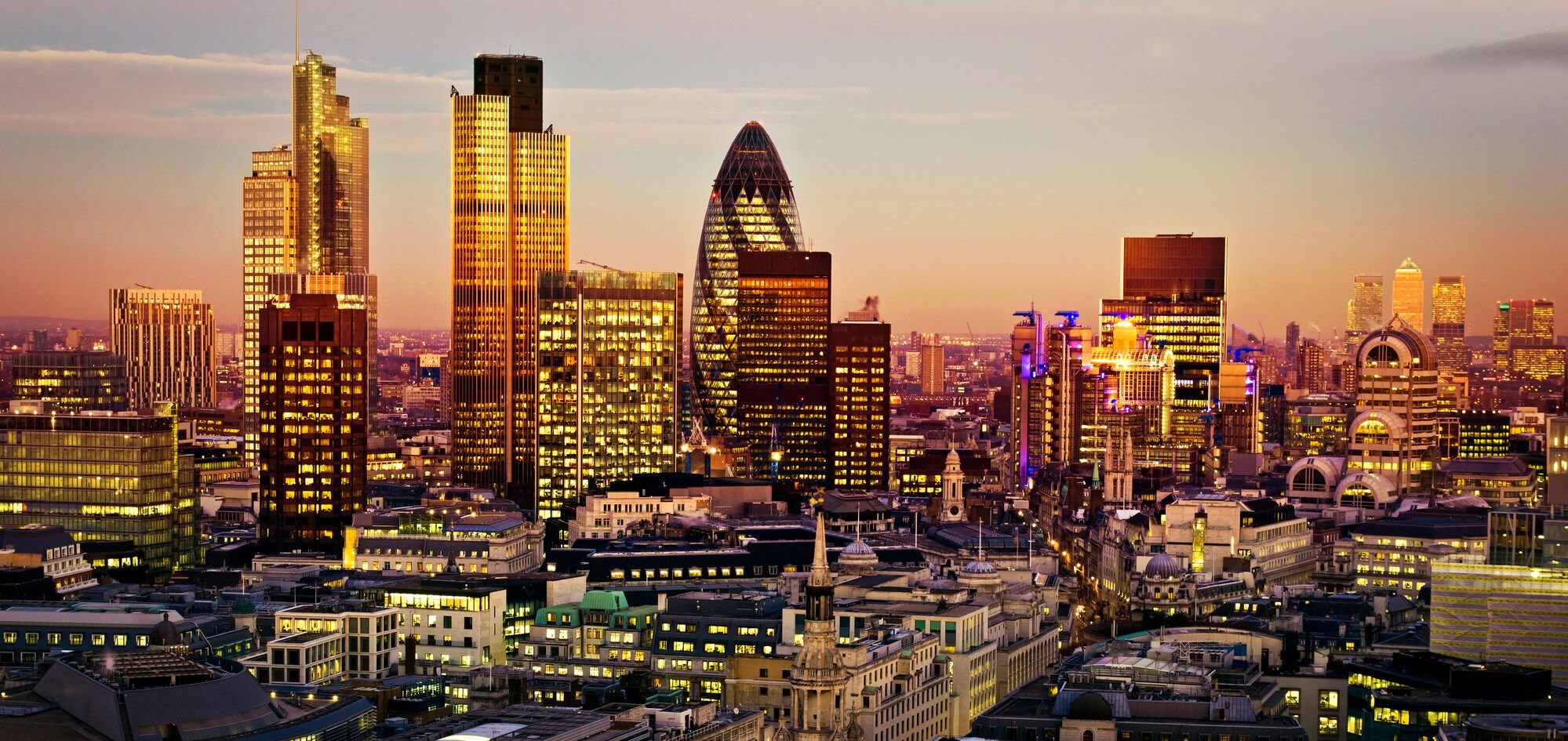
Copyright: Creative Commons License
Copyright: Creative Commons License
Cirillo said: “The supervisory entities have been adamant that investment banks and firms couldn’t just move their operations to the European jurisdictions on paper, but the people had to move as well.”
“We have lost clients, particularly from the big investment banks, which were very active in the Italian market before, that now have set up subsidiaries in Ireland or in Luxembourg.”
She said Italian investors were wary of investing their money in the UK, as the legal and financial set up was now different in the UK compared to other European countries.
The company has had its London office in Bank for more than 20 years, but that might be about to change according to Elena:
Staffing issues
Recruiting qualified, Italian-speaking personnel was also difficult.
“It’s very hard to find someone who fits the profile we’re looking for, whereas before, we would have a long queue of people waiting," Cirillo said.
Between 2011 and June 2020, her company employed around four interns from Italy every three to six months.
It was both a great opportunity for the students, whose internship counted towards their legal training in Italy, and for the law firm, which needed helping hands.
“We used grants from the EU and the Erasmus program, or even just pay them the minimum salary,” Cirillo explained.
The interns were familiar with Italian law, which was essential for the law firm, and those who performed exceptionally well would occasionally be offered a job by the company.
But since the UK left the Erasmus program, the firm can no longer source interns from Italian universities, and London-based internships no longer count towards an Italian degree.
Alternative options
Even if the law firm still manages to attract interns, it is now much more costly to employ them, and the process is slow.
Cirillo said: “If we go down the route of a working visa, we have to pay for the visa, and for the interns' contribution to the NHS."
“And they have to undergo English tests, and we can’t pay them the minimum wage anymore because there are thresholds of pay.”
“It’s not ideal when business is decreasing, and the cost of recruiting is going up.”
The law firm is now exploring the option to hire Master students from Italy, who are allowed to work up to 20 hours a week on their student visa.
This would give students relevant work experience, but still not count towards their law degree in Italy.

The case of Rosie Pollard:
A London Blue Badge tourist guide
“That’s part of the problem: Covid has masked
a lot of these things up until now.”
- Rosie Pollard
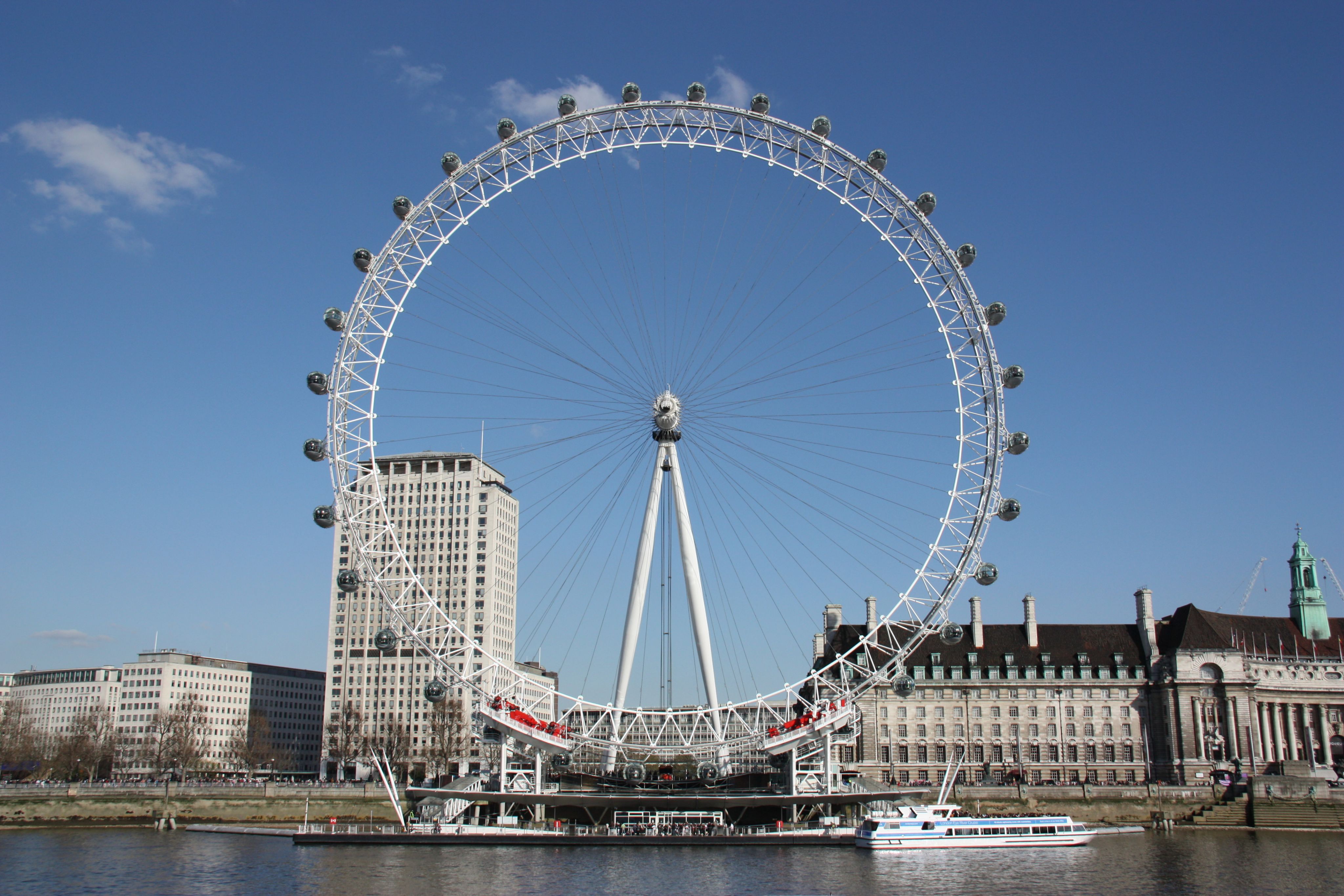
Rosie Pollard has been self-employed as a London Blue Badge Tourist Guide since 1997 and has shown many student groups from the continent around the UK’s capital.

Rosie Pollard wearing her Blue Badge. Copyright: Peter Pollard
Rosie Pollard wearing her Blue Badge. Copyright: Peter Pollard
She said student group travel constituted a big market for London before Brexit, welcoming about 500.000 students from France and 250.000 from Germany alone every year.
But the need for a valid passport to enter the UK since 1st October 2021 has changed that.
“EU students used to be able to come here just on their ID card, and their non-EU classmates could be on a travellers’ list and travel under one document.
“That’s just not possible anymore,” Rosie said.
The cost of acquiring a passport is often too high for pupils.
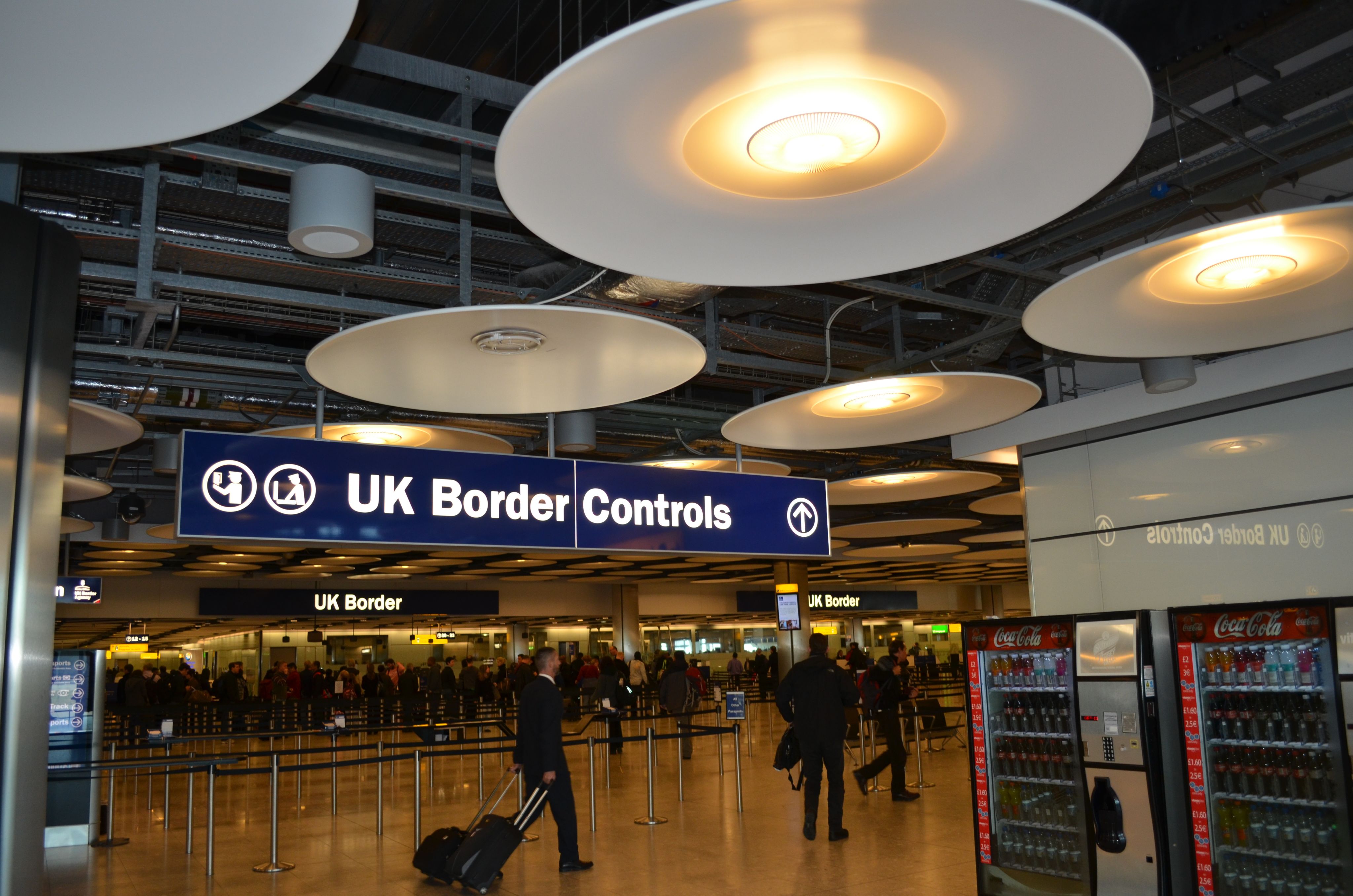
Copyright: Creative Commons License
Copyright: Creative Commons License
“What’s interesting about schools in France, Germany, and Belgium for example, is that they have a policy of inclusivity.
“So if one pupil cannot travel, the whole class won’t travel.”
She explained that poorer pupils could previously get funding to support their school trip to the UK, but that that was no longer an option.
“Authorities elsewhere won’t fund pupils to come to a non-EU country.
"This type of funding will only stay within the EU.”
The decline of student tourism also constitutes a loss for the many people that gained an extra income from renting out a room as host families both within and just outside of London.
“It was a big income for those families because they would have to provide a packed lunch and an evening meal, and it was good for the students because they got to practice their English and forge friendships with their host families."
“It’s just sad on so many levels”
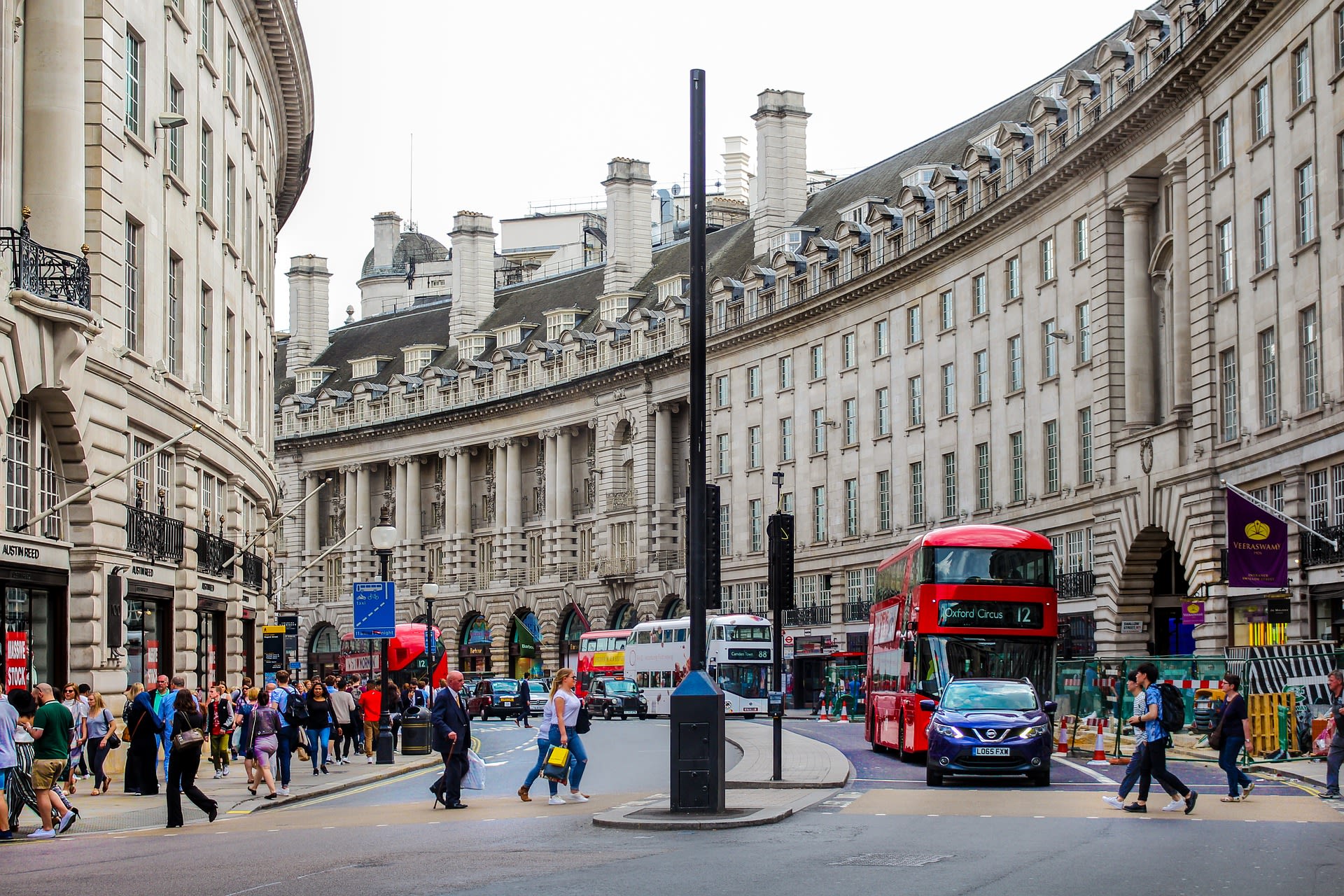
Copyright: Creative Commons License
Copyright: Creative Commons License
In Rosie's experience, students had often saved up for weeks before coming to London and brought a lot of spending money with them to visit the capital's football stadia, buy football shirts from the Premier League clubs, and go shopping in Oxford Street.
“The girls couldn’t wait to go to Topshop,” Rosie recalls.
She also said that many students often returned to London after their first visit, sometimes with their families, because they wanted to show what they had learned and experienced.
“All those cultural exchanges and future tourism will be lost.”
Rosie used to have bookings lined up by December for trips in March or April in the following year, but that didn’t happen in 2021.
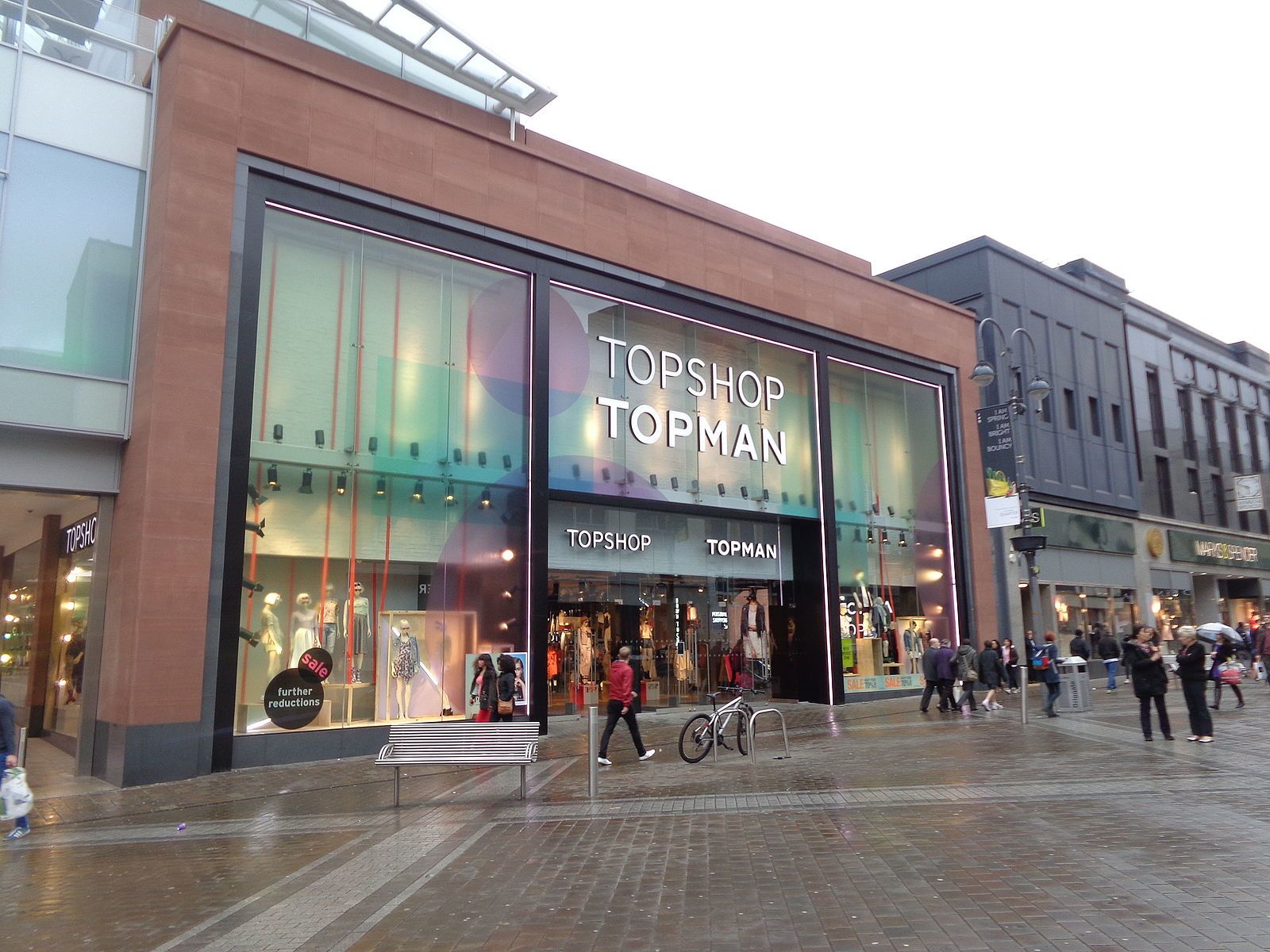
Copyright: Creative Commons License
Copyright: Creative Commons License
While she acknowledged that Covid-19 had played a big role, she said that coming to the UK had simply become too complicated from an administrative perspective for schools on the continent.
“That’s part of the problem,” she said.
“Covid has masked a lot of these things up until now.”
She added: “I’ve got colleagues who have just been out of work for nearly two years.”
Rosie has had some work herself despite the decline in tourism but said that it was not the same as it used to be.
She said: “I speak German, and I’m just not going to be using that as much in the future.
"I’ve got adult groups booked for this year, but no students.
“It’s such a shame because they’re young people, and they’re excited to be here. They hear so much about London, all the tourist attractions, the musicals and the theatres… It’s all going to go.”
Rosie said the issue had been raised with the Home Office, but that nothing had been done yet.
SWL contacted the Home Office for a comment, but has not gotten any response so far.
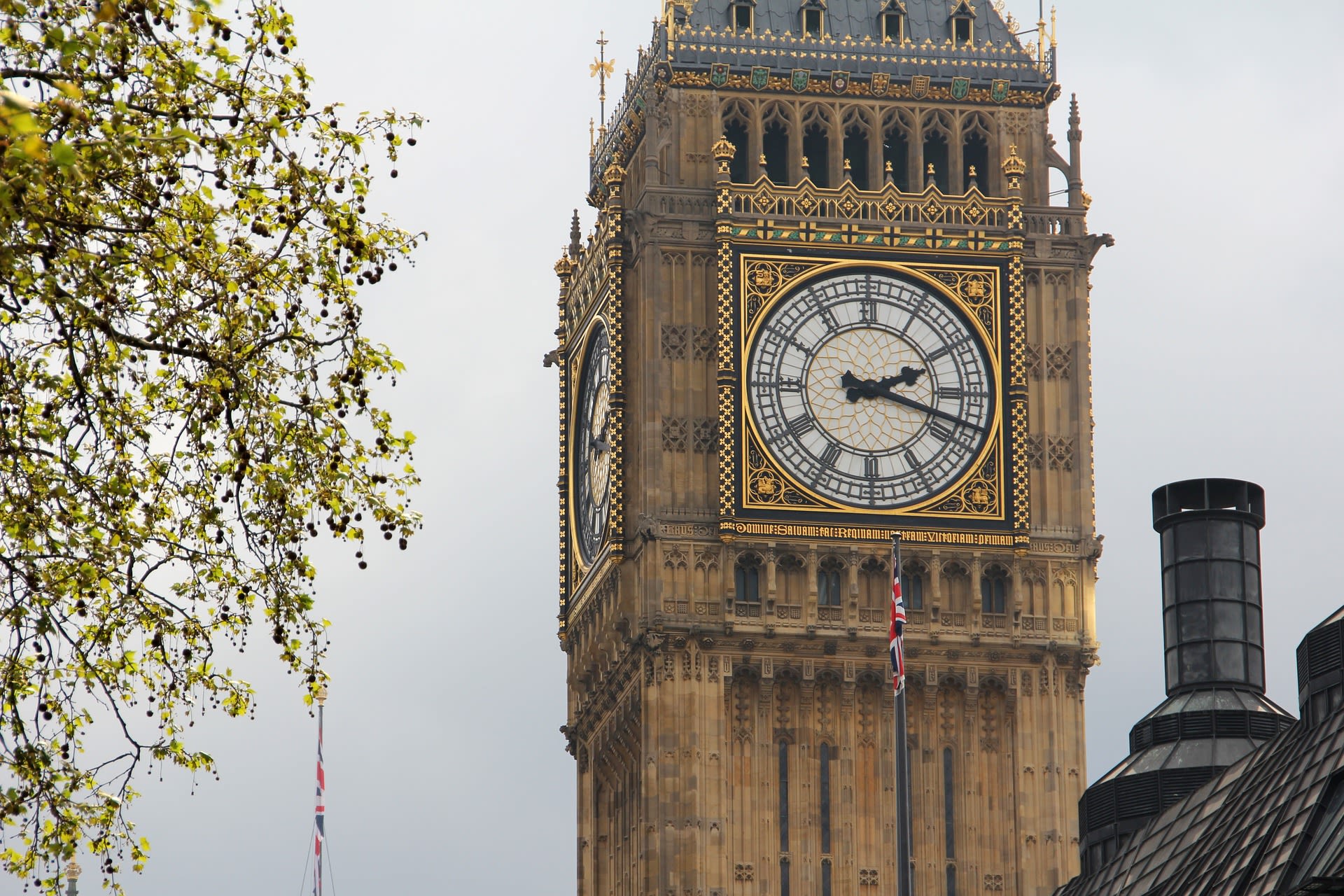
The case of Ritual Cacao:
Import and export after Brexit
"No one seems to know what's going on."
- Rebekah Shaman, founder and owner of Ritual Cacao
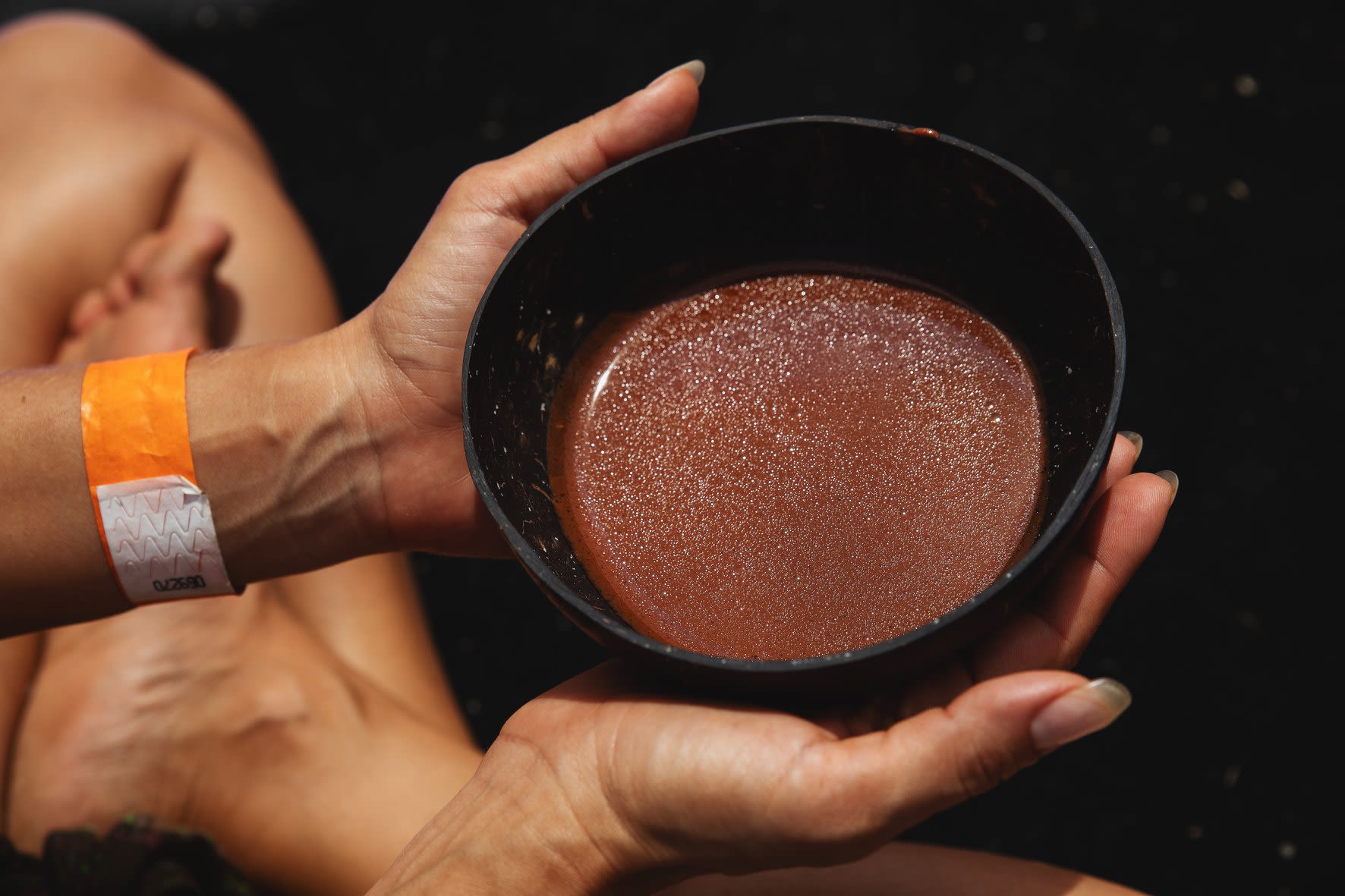
Rebekah Shaman owns and runs Ritual Cacao in Lambeth, which imports pure cacao liquor from Ecuador.

Rebekah Shaman, owner and founder of Ritual Cacao, pictured at the Agni Spirit Festival. Copyright: Lottie Elizabeth
Rebekah Shaman, owner and founder of Ritual Cacao, pictured at the Agni Spirit Festival. Copyright: Lottie Elizabeth
Her business expanded throughout the Covid-19 pandemic and continues to grow at present.
But Ritual Cacao lost many of its European customers due to Brexit, and was strongly affected by the customs checks imposed on January 1st 2022.
Listen to what changed for Ritual Cacao after Brexit took effect:
For Shaman, the main issue is the uncertainty and lack of clarity around the new rules, as well as a lack of government support for small businesses, both during the pandemic and the Brexit transition.
“It seems like it won’t massively affect us with the cacao, but at the same time we just don’t know.
“And we’re not the only ones, there are a lot of people out there who are just unsure of what’s really going on and that’s where the problem lies.”
She said the government issued some guidance alerting business owners to new customs checks, but that it was largely unclear.
“It’s still very wishy-washy – it certainly could be much clearer.”
She explained that customers who picked up their order in Europe were asked to pay a tax on the product because it came from a non-EU country.
But government guidance never mentioned the added tax.
“No one knew the customers would be penalised once the goods reached Europe - we were never told that."
Shaman eventually paid 50% of the tax, waving goodbye to any profit on the shipment.
“How can you compete with an added tax? You just can’t."
“We’ve lost tons of European customers who have gone to EU-based suppliers.”
The result?
“It just becomes too stressful to have a European customer base,” Shaman said.
The only way to mitigate the red tape, according to Shaman, is to have a separate team to deal with operations.
“And that’s where it hurts for small businesses like mine,” she said.
According to research done by the Federation for Small Businesses in March 2021, more than half of the 1400 companies surveyed sought expert help to manage new administrative tasks.
A report from The Times indicates that small businesses might have to abandon trade without extra government support to handle the import checks imposed on January 1st.
For Ritual Cacao, business remained complicated even after Shaman employed someone specifically to oversee the Brexit transition.
She said: “It’s trial and error at the moment, and just hoping that we got it right.”

